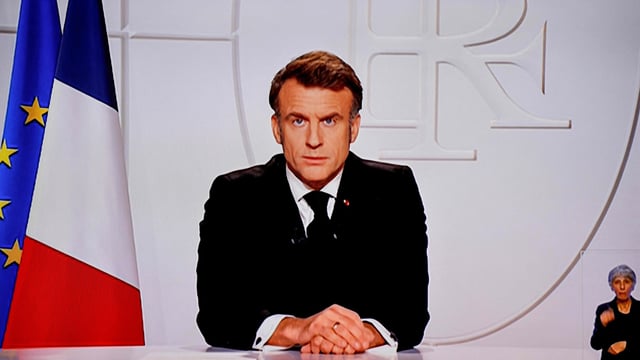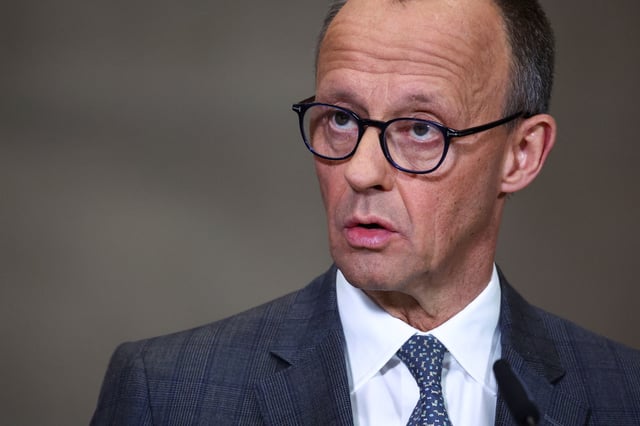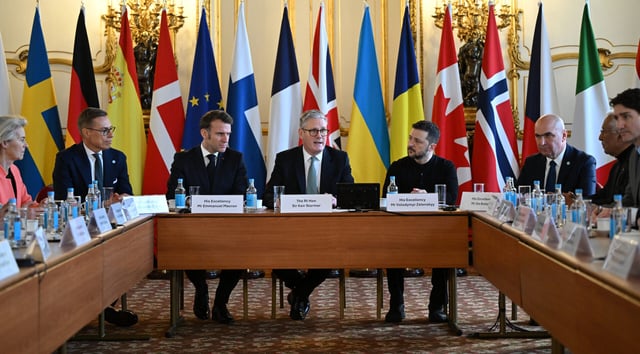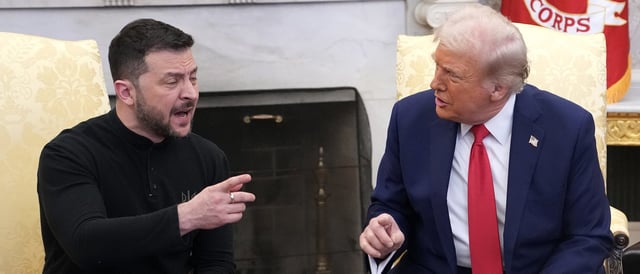Overview
- The European Union is advancing an €800 billion defense plan to strengthen its military capabilities and support Ukraine amid reduced U.S. involvement.
- French President Emmanuel Macron warned of the broader threat posed by Russia and emphasized the need for Europe to take greater responsibility for its security.
- Ukrainian President Volodymyr Zelensky joined EU leaders in Brussels to discuss a ceasefire proposal and long-term security guarantees for Ukraine.
- The U.S. has paused critical military aid to Ukraine, prompting European nations to consider seizing $220 billion in frozen Russian assets to fund Ukraine's defense efforts.
- Eastern European states express concerns about their own security as discussions of deploying peacekeeping forces to Ukraine progress.



